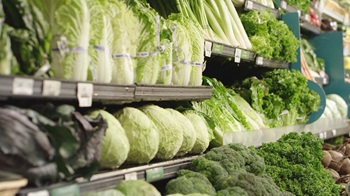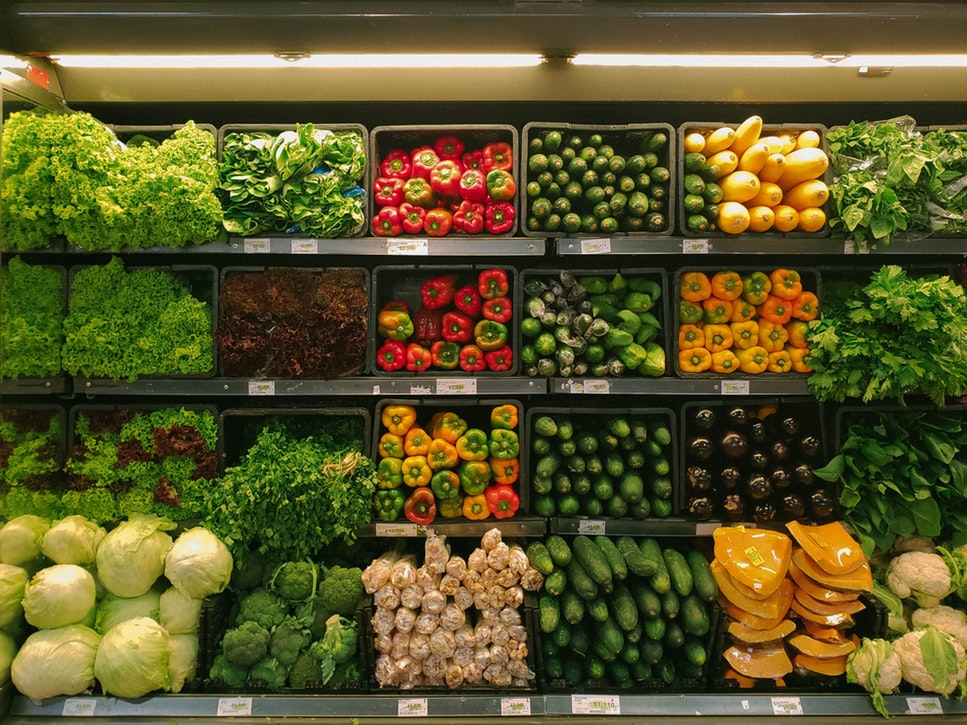By Doug Baker, Vice President, Industry Relations - Private Brands, Technology, Food Marketing Institute

We know from our U.S. Grocery Shopper Trends 2018 report that fresh foods are part of what brings shoppers to the store. The most important attributes shoppers say when selecting their primary stores include high quality fruits and vegetables (80 percent), high quality meat (77 percent) and fresh food deli (53 percent). In addition The 2018 Food Retailing Industry Speaks finds that many grocers emphasize fresh prepared foods/foodservice in their competitive strategies to differentiate from the competition. According to a recent Nielsen study, when a store performs well in fresh, the overall store also performs well and conversely when a store does not perform well in fresh nor does the rest of the store.
Fresh Item Management is not an easy task for any sized retailer. It requires a lot of cooperation from department heads, quality data, constant due diligence, and an end goal for efficiency/profitability. During the recent NRF 2019 Show, I had the pleasure of leading a panel discussion on this topic.
Our panel of experts included Executive Vice President and Chief Strategic Officer at Brookshire Grocery, John D'Anna; Senior Principal Food Drug and Convenience, Industry Advisor at SAP, Randy Evins; and CEO of Applied Data Corporation, Shamus Hines. This group represents a wide range of expertise in managing fresh operations, from managing food waste to regulatory compliance.
During our discussion, we explored all the fresh item management needs both food retailers and foodservice professionals have in order to provide the best customer experience all while maintaining and growing profitability. At the end, I asked the panelists what their top considerations are for managing fresh over the next 5-10 years. Here are their answers:
Fresh Item Management Considerations for the Next 5 – 10 Years:
John D'Anna, Executive Vice President and Chief Strategic Officer at Brookshire Grocery
- Traceability will be table stakes for the fresh area and blockchain will lead the way.
- As center store moves online, the store will move more and more towards a grocerant concept.
- As fresh products sourcing expands, regulation will continue to grow.
Randy Evins, Sr. Principal Food Drug and Convenience, Industry Advisor at SAP
- Digitize everything; Fresh must get out of manual and invisible processes.
- Store level inventory is an imperative, you must know what you have.
- Fresh percent of sales in store will grow exponentially as the dry or center store goes online.
Shamus Hines CEO of Applied Data Corporation
- Fresh deli category will expand beyond just fried chicken, rotisserie and pizza and will continue to be more dynamic (more new ingredients, dietary/taste trends changing more frequently)
- Traceability across supply chain, in-store production and delivery will enhance to improve tracking and reporting on control points, ensuring safer food and transparency consumers want.
- E-commerce will drive tighter inventory controls of fresh in-store.
- Food waste will grow in focus, especially in the U.S., and move past just sales tracking and into more profit analysis and social responsibility with retailers tracking and reporting on waste


 Industry Topics address your specific area of expertise with resources, reports, events and more.
Industry Topics address your specific area of expertise with resources, reports, events and more.
 Our Research covers consumer behavior and retail operation benchmarks so you can make informed business decisions.
Our Research covers consumer behavior and retail operation benchmarks so you can make informed business decisions.
 Events and Education including online and in-person help you advance your food retail career.
Events and Education including online and in-person help you advance your food retail career.
 Food Safety training, resources and guidance that help you create a company food safety culture.
Food Safety training, resources and guidance that help you create a company food safety culture.
 Government Affairs work — federal and state — on the latest food industry policy, regulatory and legislative issues.
Government Affairs work — federal and state — on the latest food industry policy, regulatory and legislative issues.
 Get Involved. From industry awards to newsletters and committees, these resources help you take advantage of your membership.
Get Involved. From industry awards to newsletters and committees, these resources help you take advantage of your membership.
 Best practices, guidance documents, infographics, signage and more for the food industry on the COVID-19 pandemic.
Best practices, guidance documents, infographics, signage and more for the food industry on the COVID-19 pandemic.
